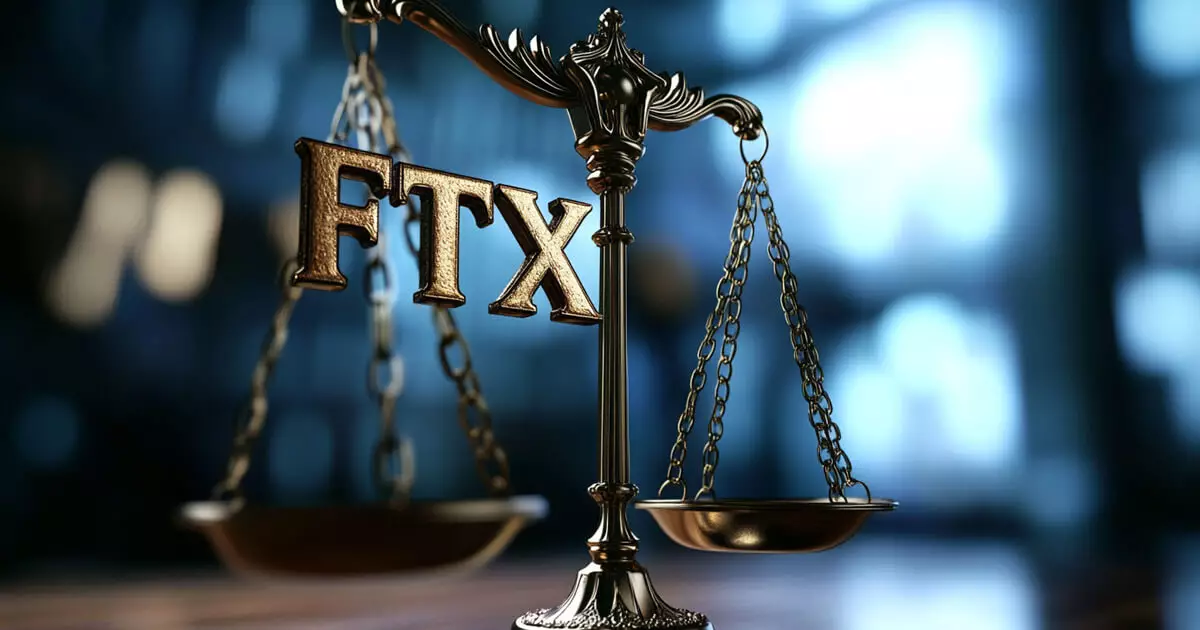In the unfolding drama surrounding FTX, one name stands out amid a cast of executives and legal battles: Nishad Singh. As a former executive of the now-defunct cryptocurrency exchange, Singh finds himself in a unique position following his cooperation with US prosecutors. A recent court filing reveals a narrative of remorse and critical assistance that might significantly influence his legal fate. This article delves into Singh’s contributions, their implications for the justice system, and the broader context of regulatory oversight in the crypto industry.
According to prosecutors, Singh has exhibited a profound willingness to aid the government’s investigation into the activities at FTX. His cooperation is characterized as “substantial,” involving not only meetings with the government but also an intensive review of documents and computer codes related to FTX’s operations. Prosecutors argue that many of the illegal activities uncovered during this process, including significant campaign finance violations and misrepresentation of FTX’s financial health, were revealed through Singh’s information. This highlights not only Singh’s role in the FTX scandal but also raises questions about the regulatory environment that allowed such malfeasance to flourish.
Singh’s proactive stance in assisting investigators represents a growing trend wherein defendants seek leniency by collaborating with authorities. Under Section 5K1.1 of the US Sentencing Guidelines, courts are encouraged to consider a defendant’s assistance in prosecutorial efforts when deciding sentences. In this instance, Singh’s cooperation could grant him a significantly lighter sentence compared to other prominent figures involved in the scandal, such as Sam Bankman-Fried and Caroline Ellison. The juxtaposition between Singh and his co-defendants raises ethical and legal questions regarding how accountability is distributed in corporate fraud cases—particularly in rapidly evolving sectors like cryptocurrency.
The FTX collapse has sent shockwaves throughout the cryptocurrency community, serving as a cautionary tale about the urgent need for regulatory reform. Singh’s case, particularly his willingness to assist authorities, can act as a catalyst for dialogue on compliance and governance standards in crypto companies. Increased scrutiny of practices alongside calls for transparency may emerge from such high-profile cases. As more individuals opt to cooperate in hopes of reduced sentences, it could potentially lead to a culture shift within the industry, encouraging whistleblowing and promoting ethical business practices.
As Singh awaits sentencing, the outcome of his cooperation remains uncertain. However, his actions have undeniably catalyzed discussions surrounding legal accountability, regulatory frameworks, and ethical standards within the cryptocurrency landscape. With his sentencing set for October 30, 2023, the implications of Singh’s case extend far beyond his individual circumstances. The ongoing developments in this saga will likely inform not just regulatory approaches but also the responsibilities of executives in safeguarding their companies and customers from financial misconduct. The FTX incident serves as both a tragedy and a learning opportunity for a sector desperately seeking legitimacy as it expands into the mainstream.


Leave a Reply